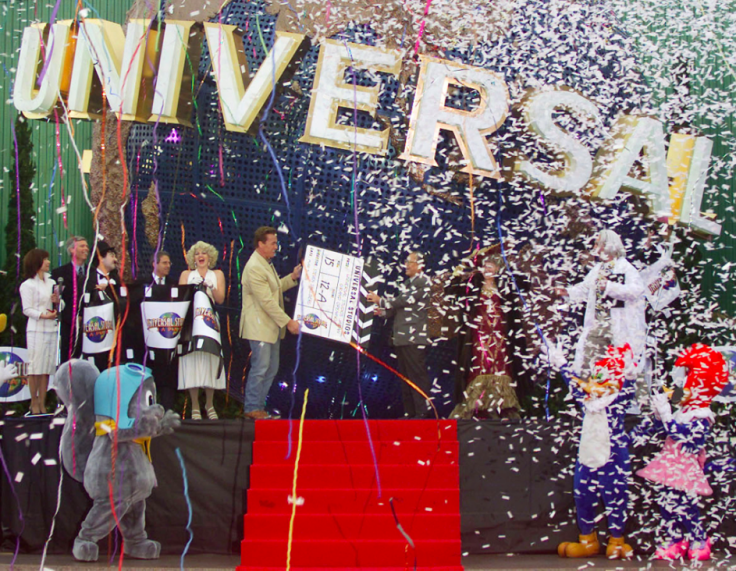China In Hollywood: Perfect World Pictures Reaches $250M Co-Production Deal With Universal

LOS ANGELES — Universal Pictures is the latest film studio to tap into the seemingly limitless supply of Chinese cash, which the country’s movie studios hope will lead to global hits with crossover appeal.
The Wall Street Journal reported Wednesday that the Chinese video game company Perfect World Pictures signed a deal with Universal Pictures, owned by cable giant and NBC parent Comcast Corp., to pony up 25 percent of the production budget for most movies made by the studio over the next five years. Some recent Universal hits include “Jurassic World” and “Furious 7,” both of which did great box office in China.
Perfect World President Rong Chen told the Journal the company is investing $250 million in equity in Universal and plans to raise another $200 million in debt. Perfect World Pictures is in the process of merging with its former corporate affiliate, the gaming company Perfect World, in advance of a planned listing on the Shenzhen stock exchange.
Chen added that 80 percent of Perfect World’s revenue currently comes from television, so this deal will help the company diversify. And like other Chinese entertainment companies, Perfect World is assembling a team in Hollywood that will eventually start developing its own slate of films, with the goal being to produce English-language films that resonate beyond the Mandarin-speaking movie market.
The Universal-Perfect World deal is only the latest in a string of trans-Pacific arrangements between Tinseltown and the Middle Kingdom. Lions Gate Entertainment Corp., the studio behind the “Hunger Games” franchise, signed a similar co-production deal last March with Hunan TV, China’s second-largest broadcaster, to fund one-fourth of the studio’s estimated $1.5 million in production costs for its slate of films over three years. And one month later, STX Entertainment inked an 18-movie co-production deal with Chinese production company Huayi Bros.
And in the biggest yet merging of Hollywood and the Chinese film scene, Chinese conglomerate Dalian Wanda Group — run by the country’s richest man, Wang Jianlin — bought a majority stake in production company Legendary Entertainment for a reported $3.5 billion. Legendary, which has a distribution deal with Universal, is responsible for films such as “Jurassic World” and is a co-producer on this winter’s coming English-language binational adventure epic, “The Great Wall.”
Entertainment lawyer Sky Moore, who was the lead attorney on the Lions Gate–Hunan deal, told International Business Times recently that he’s expecting a “tidal wave” of money to flow into these co-production deals. Investing in big studio movies allows Chinese media companies to reorient some of their exposure to foreign markets, which helps diversify their revenue base. And American production companies and studios can leverage their Chinese partners to get their movies through China’s limited quota for foreign films in addition to sharing production costs.
With China set to surpass the United States as the world’s largest box office as early as next year, Moore said we should continue to see interest from both sides in new and more comprehensive co-production arrangements. And if the American stock market continues to struggle, it might make some publicly traded studios more enticing acquisition targets. But for now, Chinese movie companies are choosing the passenger seat.
© Copyright IBTimes 2024. All rights reserved.











